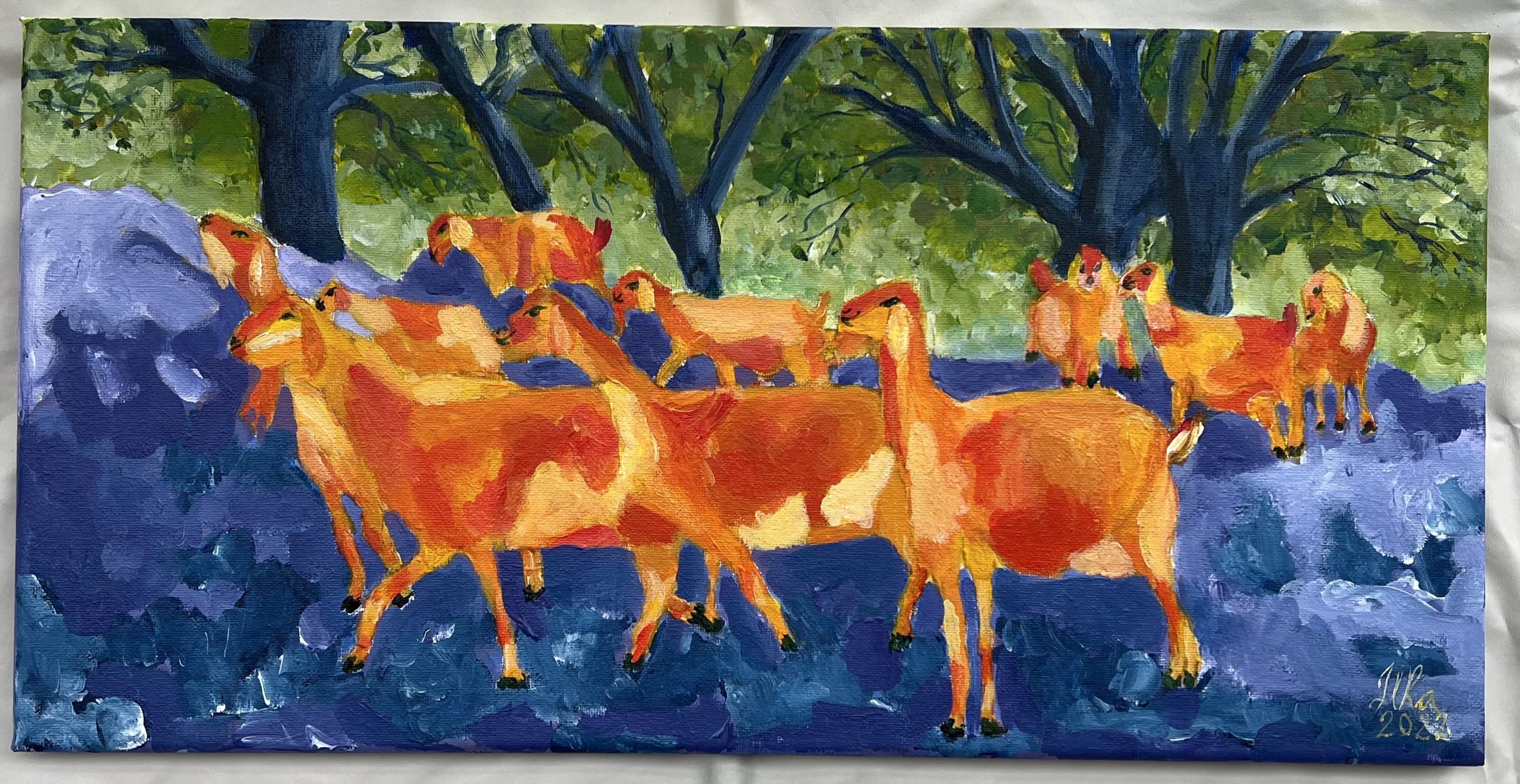Early Morning Shift
Translated by Marvin Najarro She takes the avocado from her lunch box and cuts in half, takes out the bag where she has the toritllas that she had wrapped in aluminum foil, and then removes the lid from the plastic food container where she has fried beans and three boiled eggs. Wrapped in a napkin is a fistful of salt and a jalapeño pepper. She has coffee in the thermos bottle. It is mealtime. Calandria Guadalupe, began working at age five, making comales from clay in the village of Santa Maria Magdalena Tiltipec, Santos Reyes Nopala, Oaxaca, Mexico, she was the fifth of twelve…






